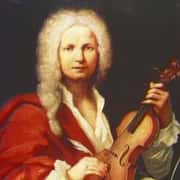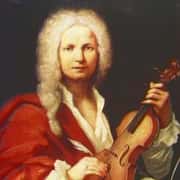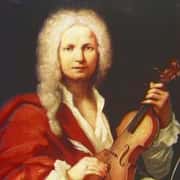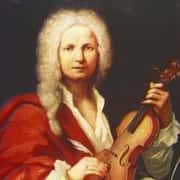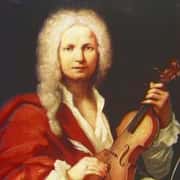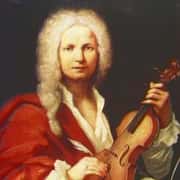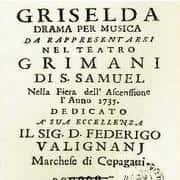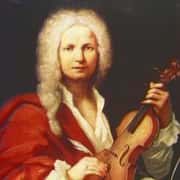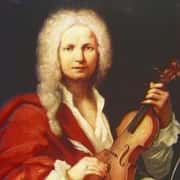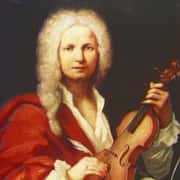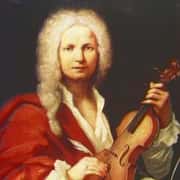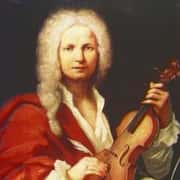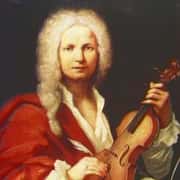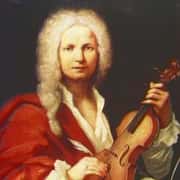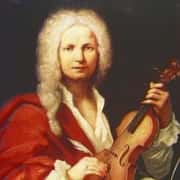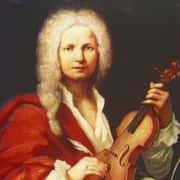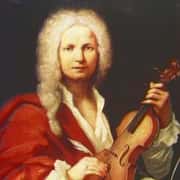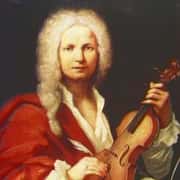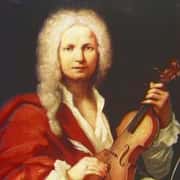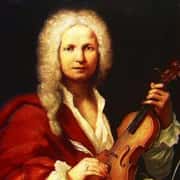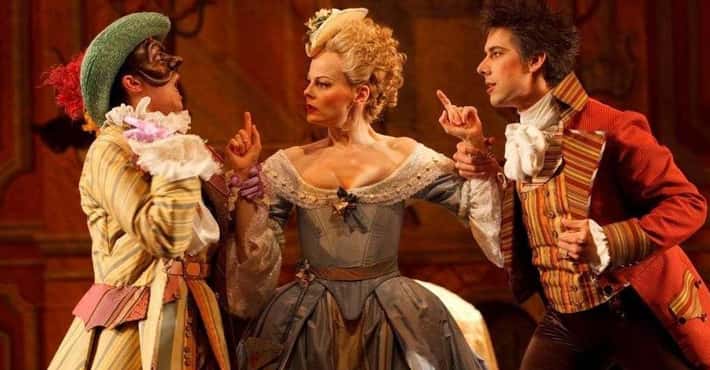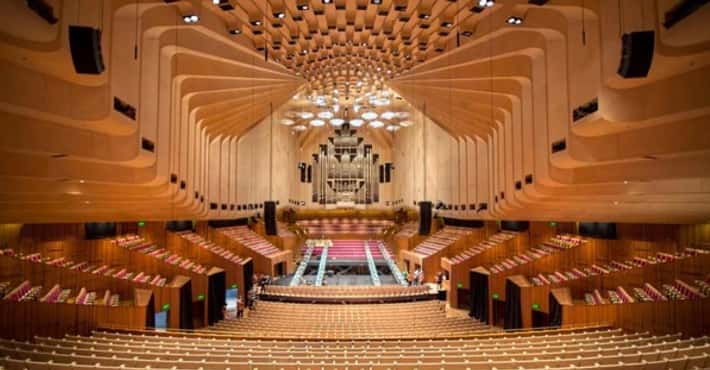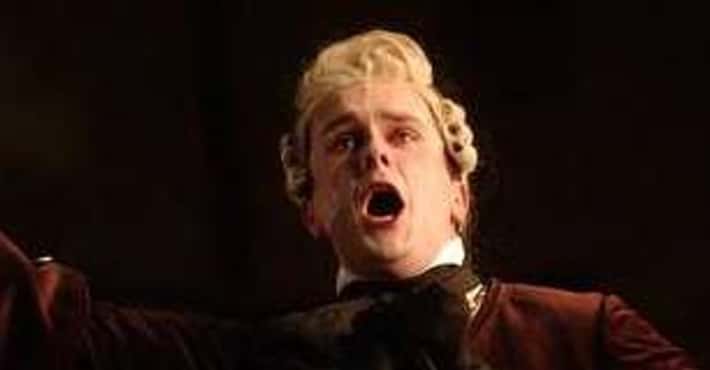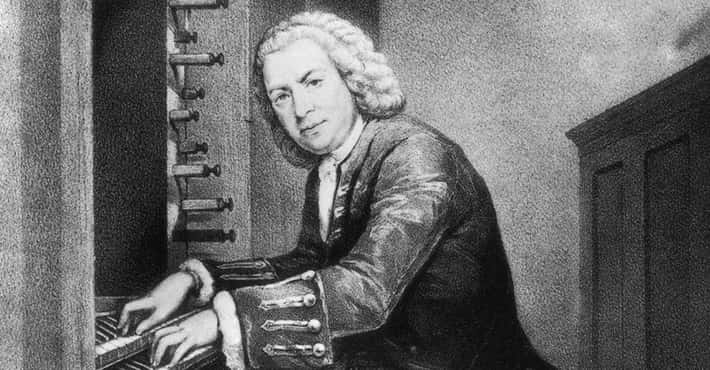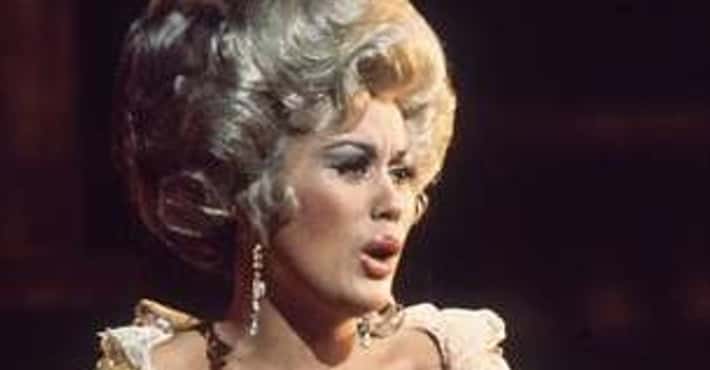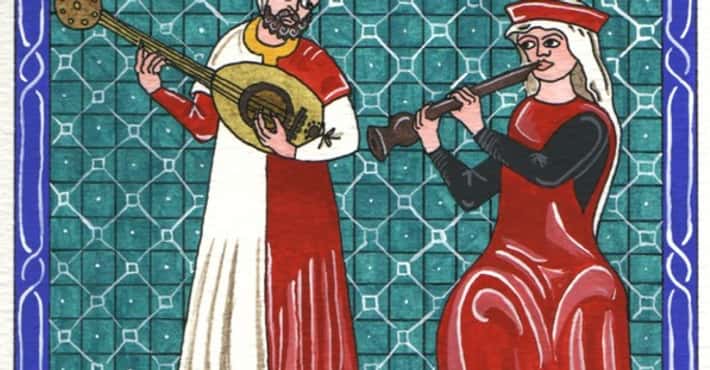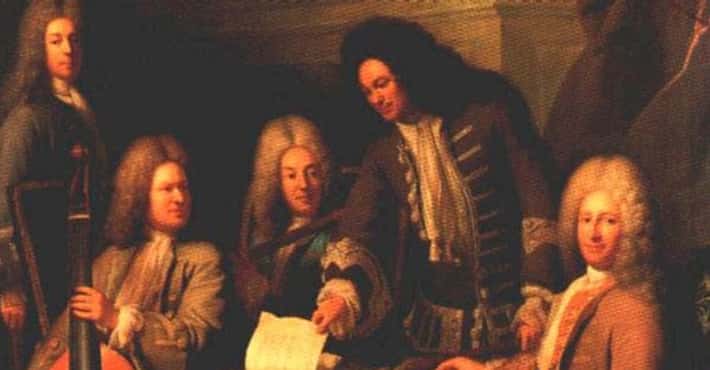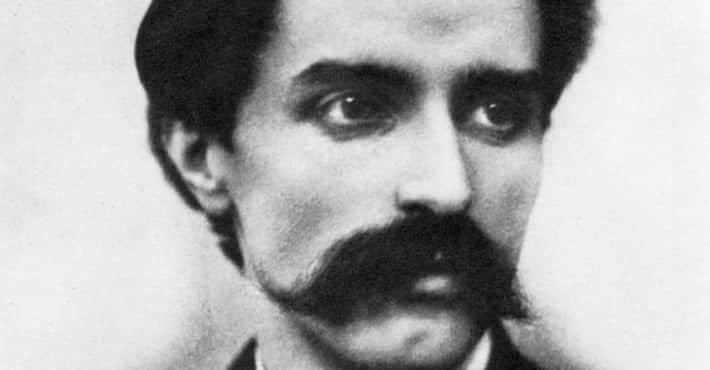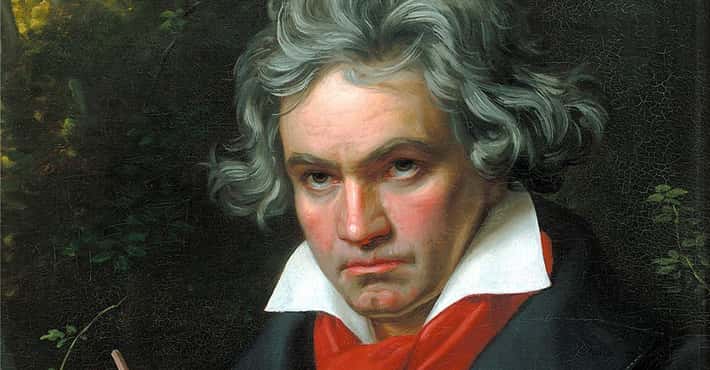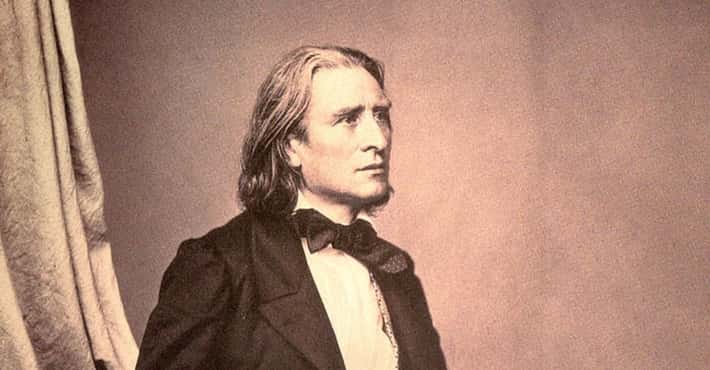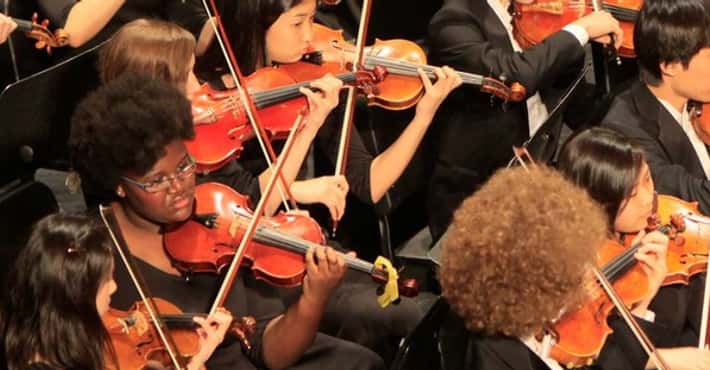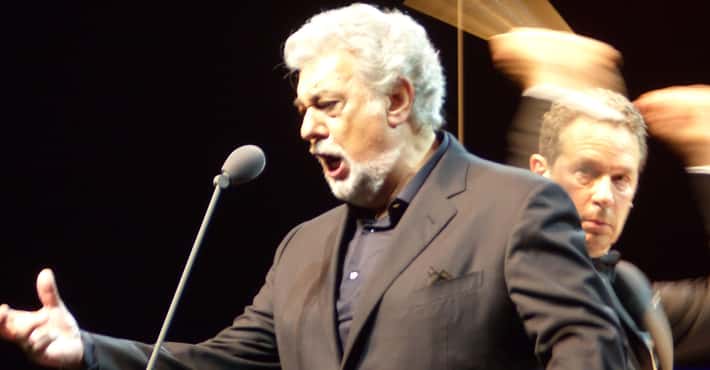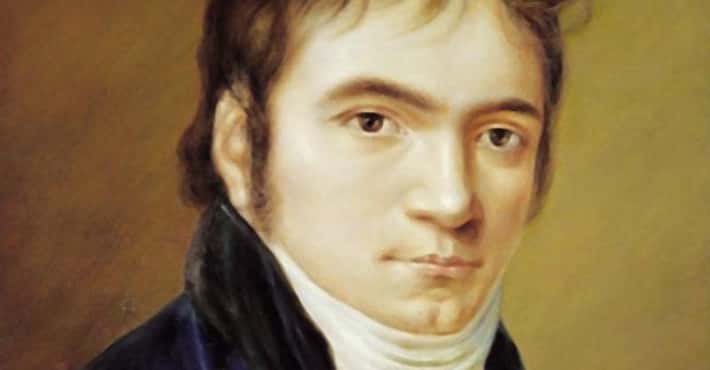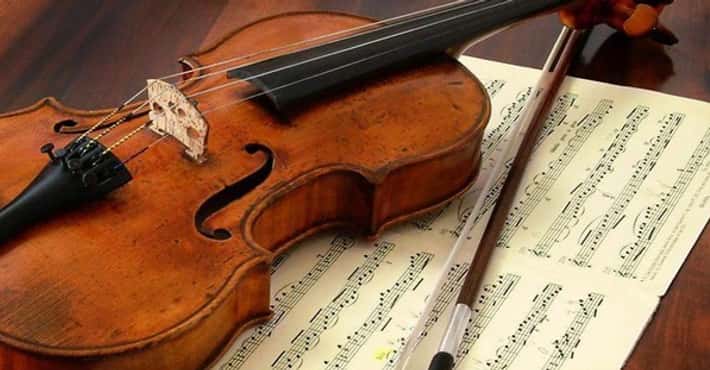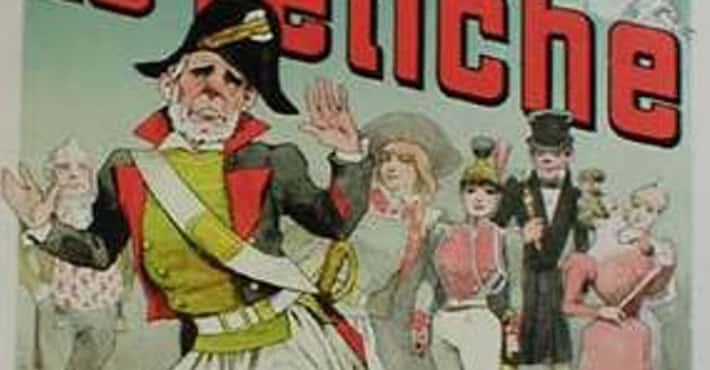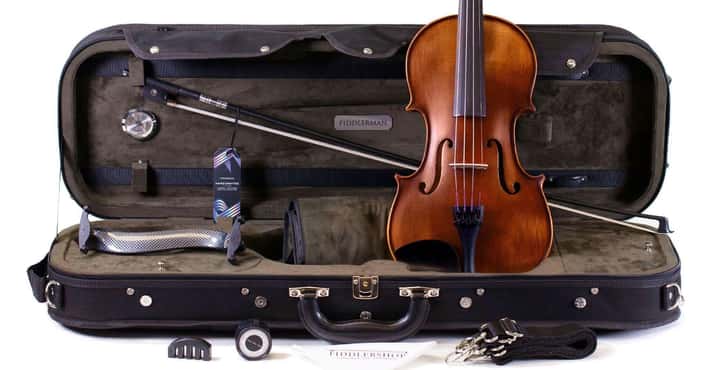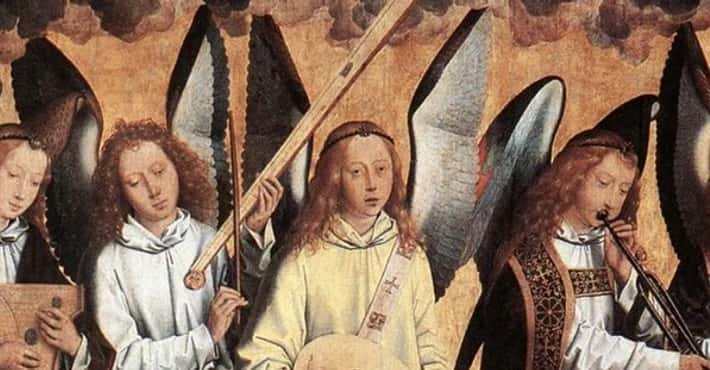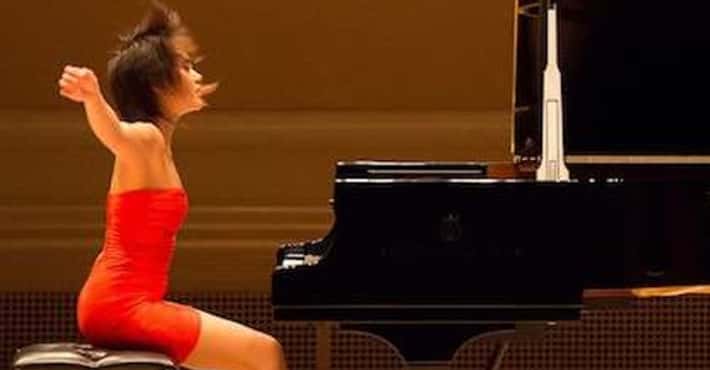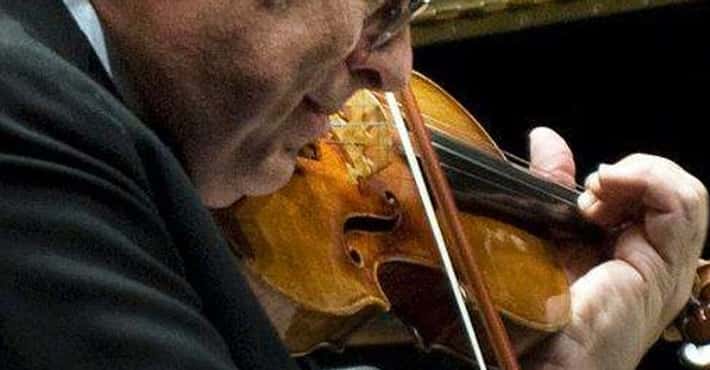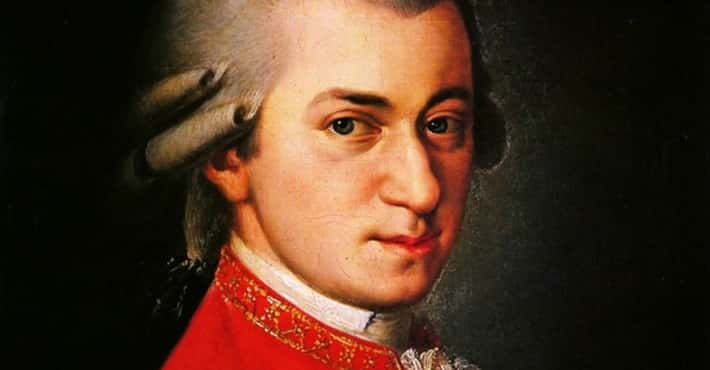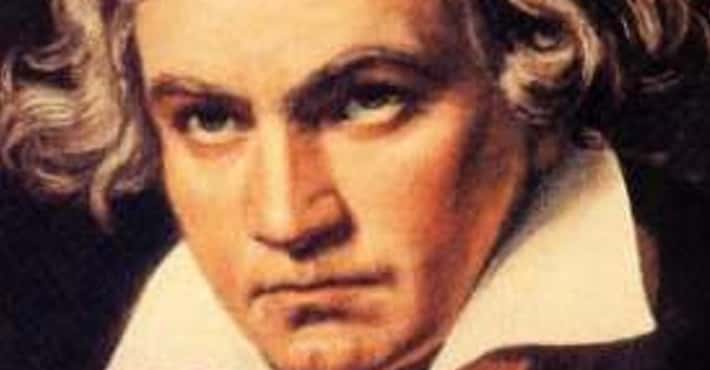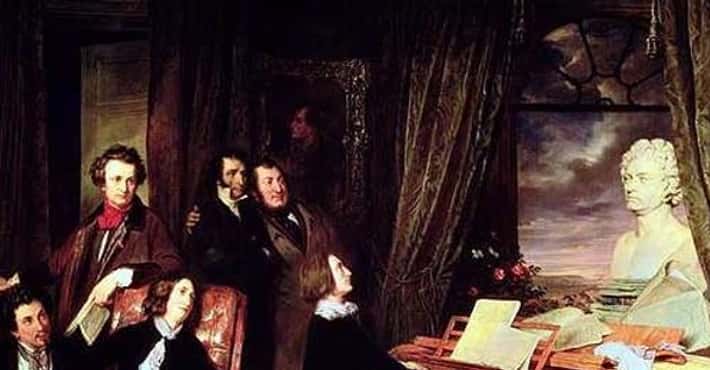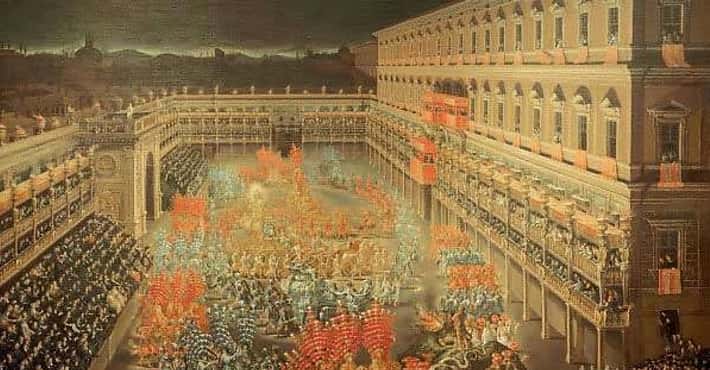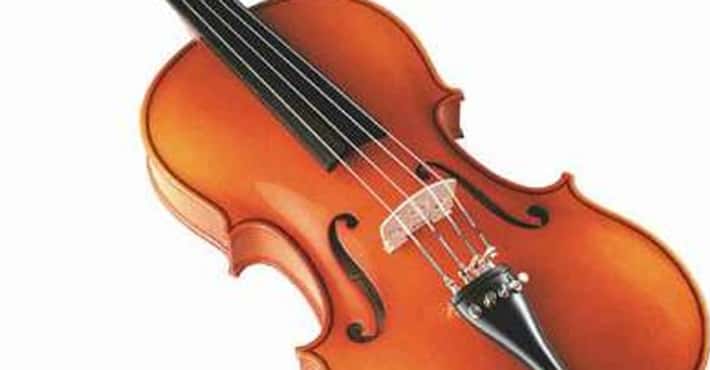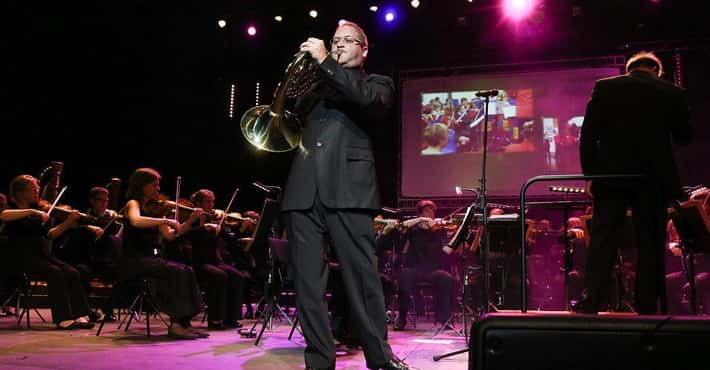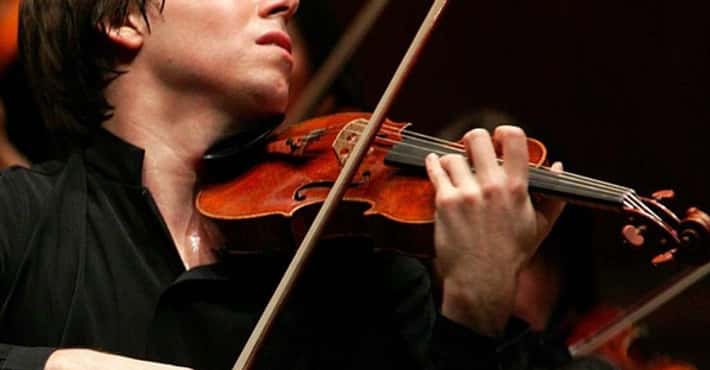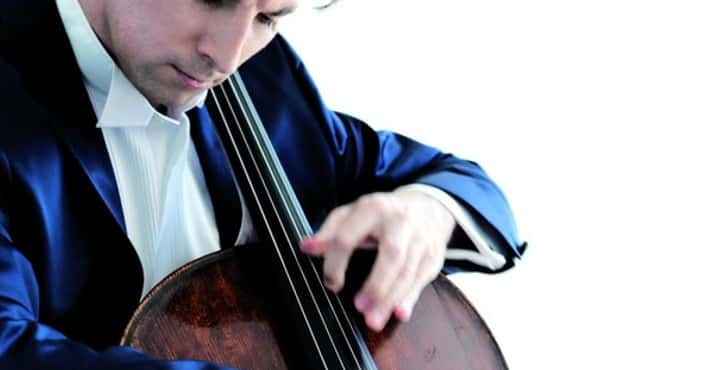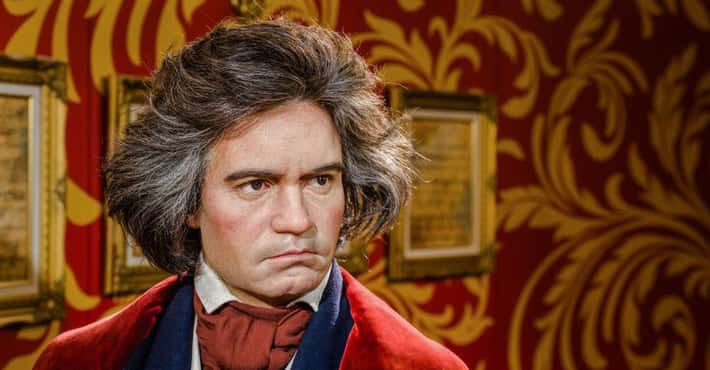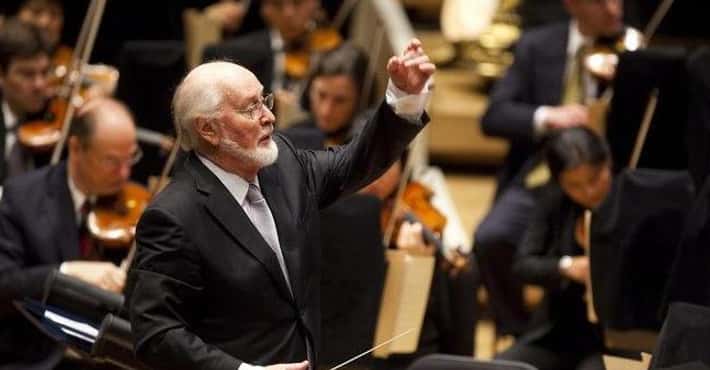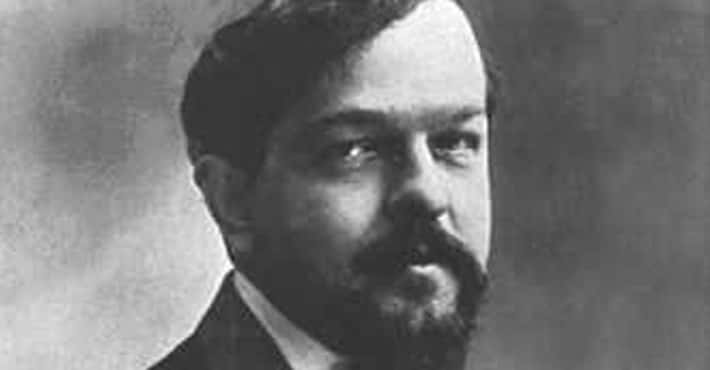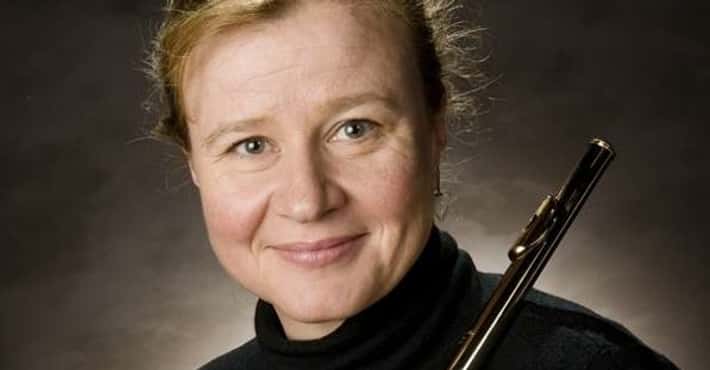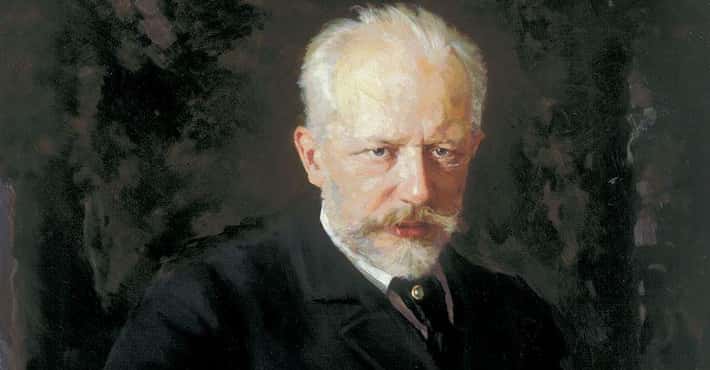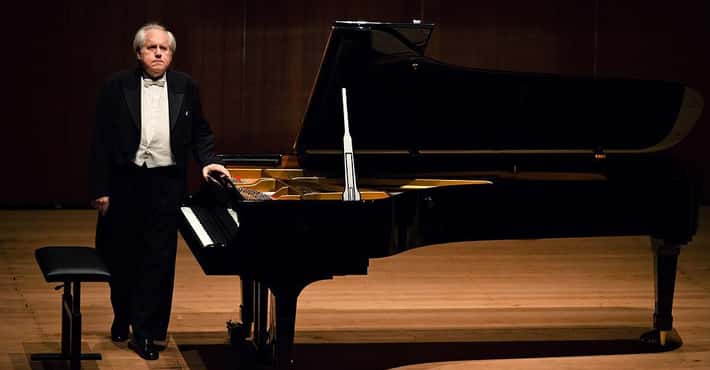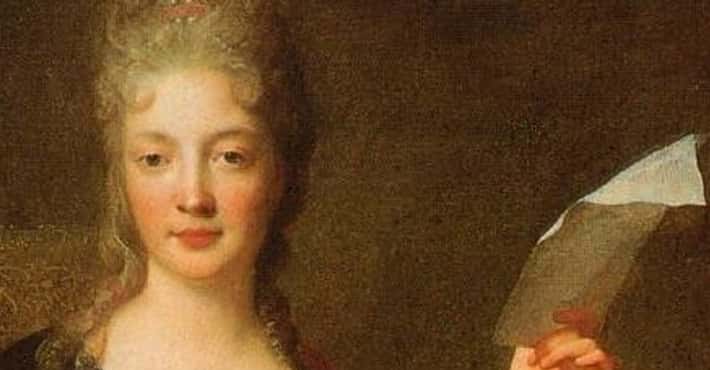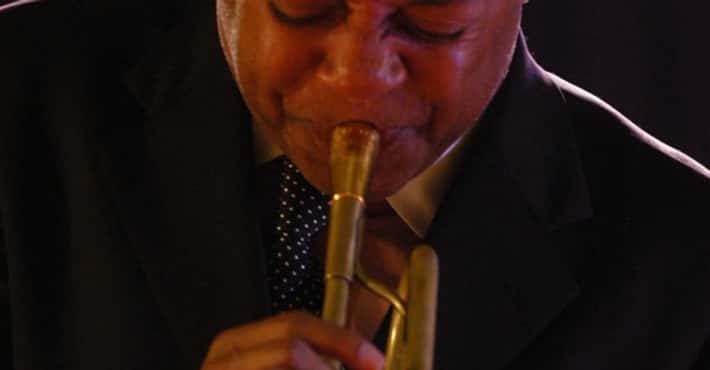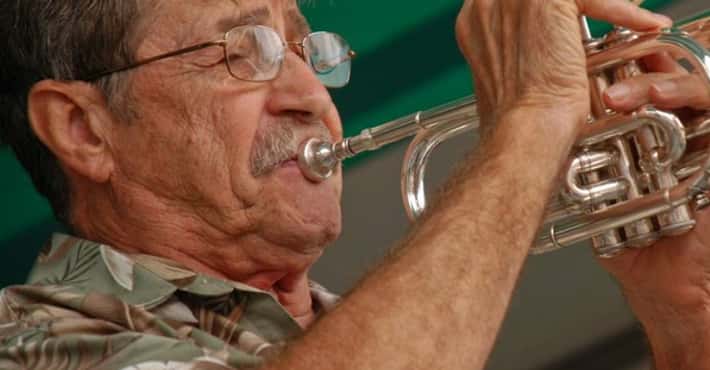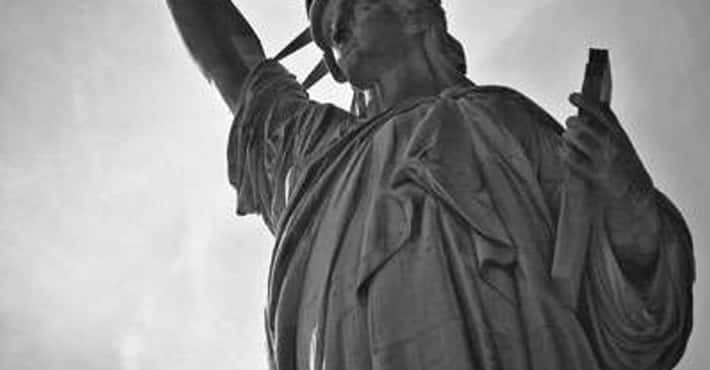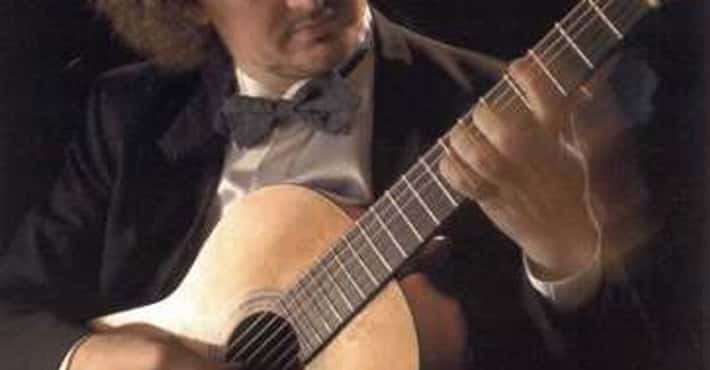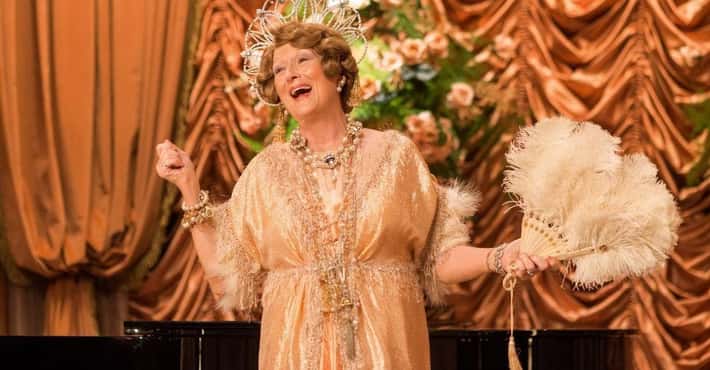List of Antonio Vivaldi Operas
- Argippo is an opera by Antonio Vivaldi that premiered in the opera theater of Count Franz Anton von Sporck in Prague in 1730.
Armida al campo d'Egitto
Armida al campo d'Egitto is an opera in three acts by Antonio Vivaldi to a libretto by Giovanni Palazzo. It was first performed during the Carnival season of 1718 at the Teatro San Moisè in Venice. Vivaldi's version is different from the more than 50 operas whose themes derive in varying degrees from the story of Rinaldo and Armida in Torquato Tasso's epic poem La Gerusalemme liberata. Unlike the more than 50 operas based on the romance of Rinaldo and Armida, Vivaldi's version starts during previous events before the war against the Crusaders. Armida was revived for the Carnival season of 1738, with much of the music rewritten, and arias by Leonardo Leo added. Act II of the original version of the opera is now lost.- Arsilda, regina di Ponto is a dramma per musica by Antonio Vivaldi. The opera was first performed at the Teatro Sant'Angelo in Venice on 27 or 28 October 1716.
- Bajazet is an Italian opera composed by Antonio Vivaldi in 1735. Its libretto was written by Agostino Piovene. It was premiered in Verona, during the Carnival season of that year. This opera is presented in 3 acts, with a three-movement sinfonia as an introduction. The story is about the fate of Bajazet after being captured by Tamerlane. The famous aria, "Sposa son disprezzata" is from this opera.
- Dorilla in Tempe is a melodramma eroico pastorale in three acts by composer Antonio Vivaldi with an Italian libretto by Antonio Maria Lucchini. The opera premiered at the Teatro San Angelo in Venice on 9 November 1726. Vivaldi later revised the opera numerous times for several difference performances throughout the second half of his career.
- Ercole su'l Termodonte is a baroque Italian opera in three acts. In 1723, it became the sixteenth opera set to music by Antonio Vivaldi. Its catalogue number is RV 710. The libretto was written by Antonio Salvi. The opera was premiered January 23, 1723 in Rome's Teatro Capranica. Due to a papal edict preventing women from appearing onstage in Rome, it premiered with castrati singing all the female roles. Vivaldi was both conductor and solo violinist. Although the score was believed to have been lost, 30 arias and 2 duets were discovered in several archives, and the rest of the opera was reconstructed by Alessandro Ciccolini.
- Farnace, is the title of several 18th-century operas set to various librettos. The earliest version was written by Lorenzo Morari with music by Antonio Caldara, first performed at the Teatro Sant'Angelo in Venice in 1703. The best known libretto on this subject, however, was written by Antonio Maria Lucchini and initially set by Leonardo Vinci during 1724. Farnace, with music by Italian composer Antonio Vivaldi, received its first performance in 1727 at the Teatro Sant'Angelo in Venice. Popular at the time, and revived with great success at the Sporck theater in Prague in 1730, Vivaldi's Farnace slipped into oblivion until the last quarter of the 20th century when it emerged from obscurity. The third Farnace was composed by Francesco Corselli. Corselli's Farnace received its debut in Madrid at the Royal Theater of the Buen Retiro in 1739. Additional settings continued to be composed as late as the 1780s. One of the best of the later settings is the one composed by Josef Mysliveček for the Teatro di San Carlo in Naples in 1767. Nonetheless, it is mainly the Vivaldi setting that continues to attract interest today.
- Griselda is a dramma per musica in three acts that was composed by Antonio Vivaldi. The opera uses a revised version of the 1701 Italian libretto by Apostolo Zeno that was based on Giovanni Boccaccio's The Decameron. The celebrated Venetian playwright Carlo Goldoni was hired to adapt the libretto for Vivaldi. The opera was first performed in Venice at the Teatro San Samuele on 18 May 1735.
Il Teuzzone
Teuzzone is the twelfth Italian opera composed by Antonio Vivaldi in 1719 to a libretto by Apostolo Zeno of 1706, which was first performed at the Teatro Arciducale in Mantua.- L'incoronazione di Dario is a dramma per musica by Antonio Vivaldi with an Italian libretto by Adriano Morselli. The opera was first performed at the Teatro Sant'Angelo in Venice on 23 January 1717.
- L'Olimpiade is a dramma per musica in three acts that was composed by Antonio Vivaldi. The opera uses an Italian libretto by Pietro Metastasio that was originally written for Antonio Caldara's 1733 opera of the same name. Vivaldi's version premiered in Venice at the Teatro Sant'Angelo on 17 February 1734.
- La costanza trionfante degl'amori e degl'odii is a dramma per musica by Antonio Vivaldi. The Italian libretto was by A Marchi. The opera was first performed at the Teatro San Moisè during carnival in 1716. It was revived for the same theatre at the Carnival of 1718, under the title Artabano, re de' Parti.
La verità in cimento
La verità in cimento is an opera by Antonio Vivaldi to a libretto by Giovanni Palazzi. The opera, Vivaldi's 13th, was premiered during the Carnival at Venice in 1720. The work is dedicated to Count Sava Vladislavich, a Russian legate who resided in Venice from 1716 to 1722. The work is listed as RV 739 in the Vivaldi catalogue.- Motezuma is an opera in three acts by Antonio Vivaldi with an Italian libretto by Alvise Giusti. The libretto is very loosely based on the life of the Aztec ruler Montezuma who died in 1520. The first performance was given in the Teatro Sant'Angelo in Venice on 14 November 1733. The music was thought to have been lost, but was discovered in 2002 in the archive of the music library of the Sing-Akademie zu Berlin. Its first fully staged performance in modern times took place in Düsseldorf, Germany on 21 September 2005
- Nerone fatto Cesare is a lost dramma per musica by Antonio Vivaldi.
- Orlando finto pazzo is an opera in three acts composed by Antonio Vivaldi to a libretto by Grazio Braccioli. The plot is based on an episode in Matteo Boiardo's unfinished epic poem Orlando Innamorato. The second of Vivaldi's known operas, Orlando finto pazzo premiered in November 1714 at the Teatro Sant'Angelo in Venice. Vivaldi acted as impresario as well as composer. Apparently the opera did not meet much approval from the audience and was billed only on few dates, just to be replaced, on 1 December, by a revival of Giovanni Alberto Ristori’s Orlando furioso, a work that the Vivaldi "impresa" had very successfully staged in 1713.
- Orlando, usually known in modern times as Orlando furioso, is an opera in three acts by Antonio Vivaldi to an Italian libretto by Grazio Braccioli, based on Ludovico Ariosto's epic poem Orlando Furioso. The first performance of the opera was at the Teatro San Angelo, Venice, in November 1727. It is to be distinguished from an earlier Vivaldi opera of 1714, Orlando furioso, set to much the same libretto, once thought to be a revival of a 1713 opera by Giovanni Alberto Ristori but now considered by Vivaldian musicologists to be a fully-fledged opera by Vivaldi himself. The opera – more formally, the dramma per musica – alternates arias with recitative, and is set on an island at an unspecified time. The story line combines several plot lines from Ariosto: the exploits of the hero Orlando are detailed, as well as the tale of the sorceress Alcina.
- Ottone in villa is an opera in three acts by Antonio Vivaldi to an Italian libretto by Domenico Lalli. It was Vivaldi's first opera and premiered on 17 May 1713 at the Teatro delle Grazie in Vicenza. Lalli's pastoral drama is set in ancient Rome and was a condensed adaptation of Francesco Maria Piccioli's satirical libretto for Carlo Pallavicino's opera Messalina. However, Lalli changed several of the characters in Piccioli's libretto. Messalina became an invented character, Cleonilla. Emperor Claudius became another Roman emperor, Otho, who had already appeared as a protagonist in Monteverdi's L'incoronazione di Poppea and in Handel's Agrippina.
- Scanderbeg is an opera in three acts composed by Antonio Vivaldi to an Italian libretto by Antonio Salvi. It was first performed at the Teatro della Pergola in Florence on 22 June 1718 to mark the re-opening of the theatre to public performances. While the libretto has been preserved, only fragments of the original score remain.
- Tieteberga is a lost dramma per musica by Antonio Vivaldi. The Italian libretto was by A M Lucchini. The opera was first performed at the Teatro San Moisè in Venice on 16 October 1717. The opera included nine arias by other composers.
Tito Manlio
Tito Manlio is an opera in three acts by Antonio Vivaldi, to a libretto by Matteo Noris. It was written in celebration of the marriage of Philip of Hesse-Darmstadt, the governor of Mantua, which he had announced at Christmas. Vivaldi quickly composed the opera within five days. Whereas the wedding eventually did not take place at all, the opera was successfully premiered at the Teatro Arciducale in Mantua during the carnival season of 1719.


